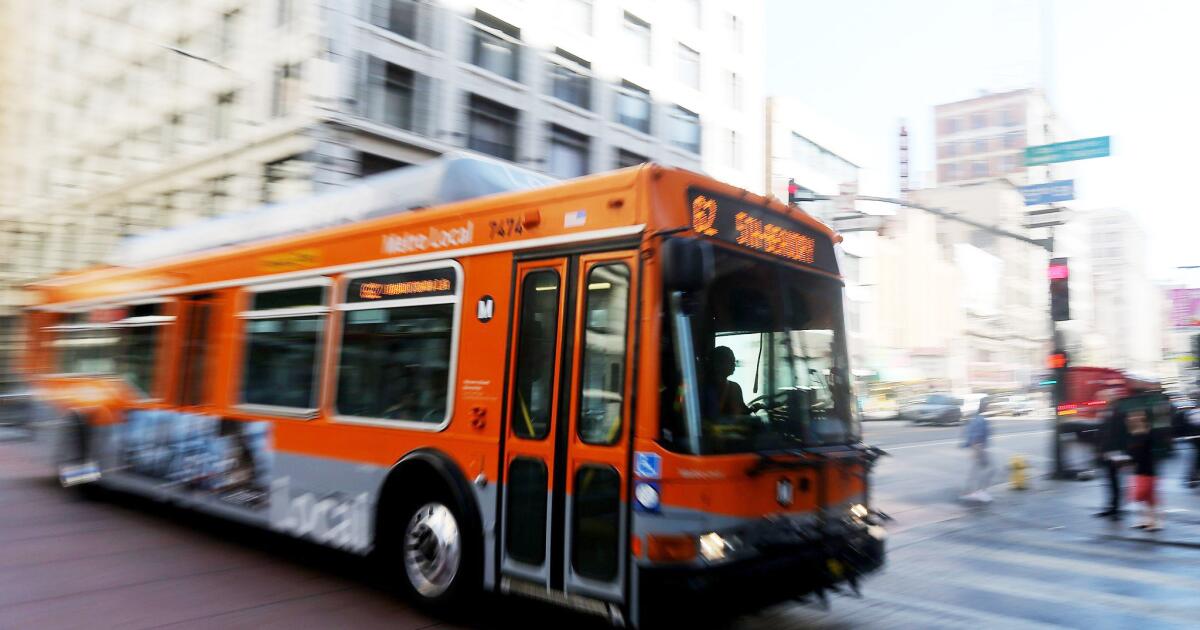In response to a recent stabbing incident involving a bus driver in Willowbrook, the Los Angeles County Metropolitan Transportation Authority (Metro) has declared an emergency to expedite the installation of enclosed protective barriers for drivers. The decision comes as a result of a series of violent assaults on public transit operators, which have escalated in severity and pose a significant risk to the safety and well-being of drivers.
Senior officials at Metro submitted a report to the agency’s board, highlighting the urgent need for fully enclosed barriers on all buses. The report emphasized that these incidents have occurred without any prior warning and have introduced an environment of heightened risk and trauma, with assailants resorting to the use of deadly weapons such as guns and knives.
The recent stabbing incident in Willowbrook, where a bus driver was attacked and stabbed in the chest, further underscores the urgency of implementing protective measures. The suspect in this case had previously assaulted a Metro passenger and was subsequently arrested on suspicion of slitting the throat of a 66-year-old Nicaraguan immigrant, resulting in her tragic death.
To address this crisis situation, Metro aims to retrofit all buses with fully enclosed barriers. The “emergency condition” designation allows Metro to bypass regular procurement policies and acquire tempered glass, which had been limited due to disruptions in the supply chain. The proposed barriers will effectively separate drivers from passengers, providing a much-needed layer of protection.
The Metro’s executive board is scheduled to vote on the proposal this Thursday. If approved, Metro will become the first agency in the nation to install fully enclosed barriers on its entire fleet, comprising over 2,000 buses. Routes with a higher incidence of documented assaults will be prioritized, with the goal of completing the modifications by the end of the year.
Assaults on transit workers have tripled over the past 15 years, according to research conducted by the Urban Institute. Similar concerns regarding security have prompted other agencies to explore comparable protective measures. The installation of fully enclosed barriers would significantly enhance the safety of bus drivers, providing them with a more secure working environment.
In recent years, Metro has implemented various security measures, including emergency buttons in buses, de-escalation training for train drivers, and the installation of on-bus cameras. However, previous attempts to introduce less protective barriers proved insufficient, as attackers were able to reach over them. The need for more comprehensive protection has become evident, given the alarming rise in attacks.
Bus drivers in Los Angeles have faced incidents where guns were pulled on them, they were spat on, and even cases of hijacking with airsoft guns. Union officials across the country argue that transit agencies are not doing enough to ensure the safety of their employees and have called for increased armed protection on buses, as well as felony-level charges for those arrested.
John Ellis, who represents six union locals accounting for 5,000 bus and rail operators at Metro, expressed concern for the safety of both drivers and passengers. He emphasized the vulnerability of the riding public and suggested the establishment of a dedicated police service within Metro to enhance safety on the system.

